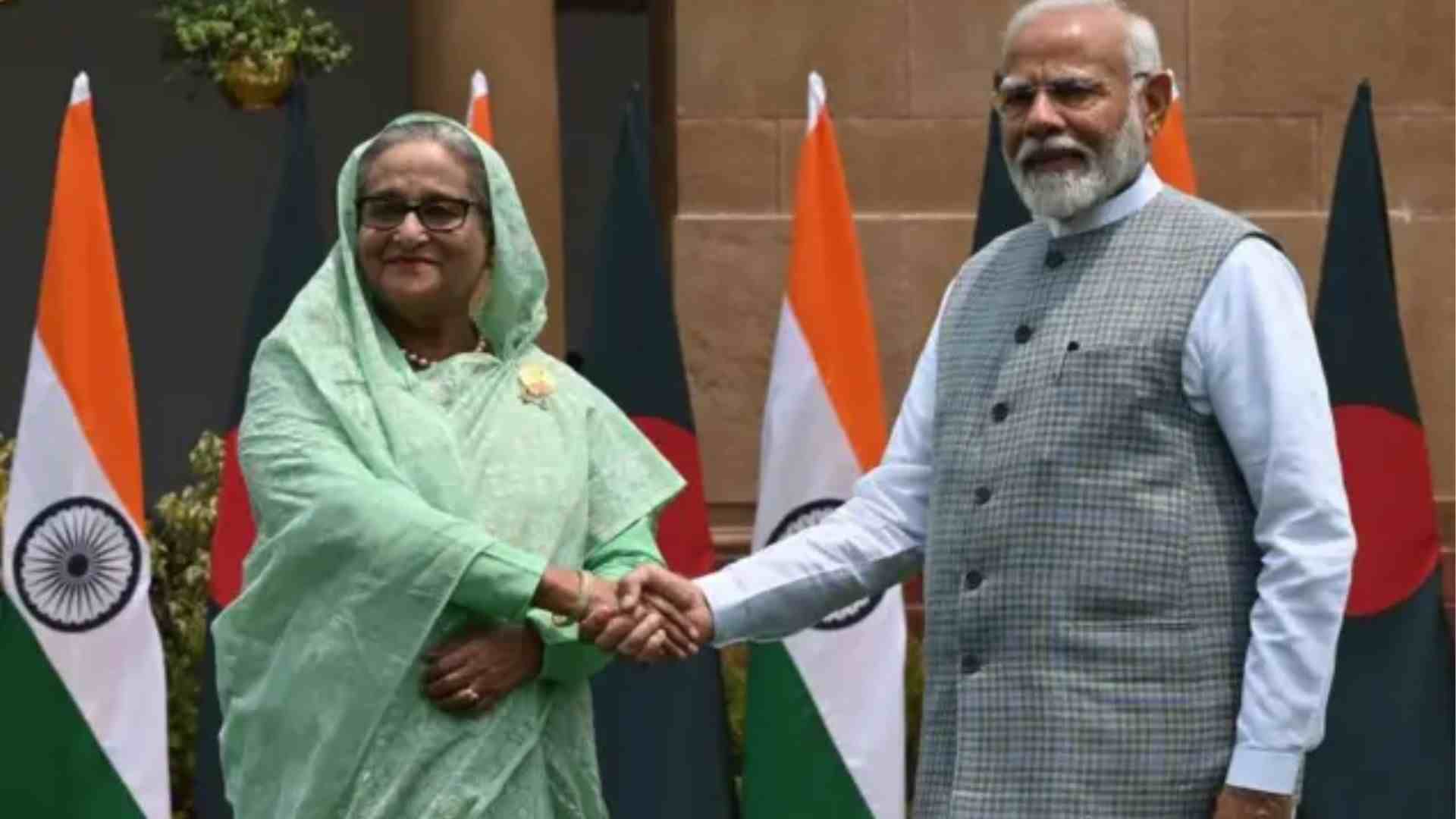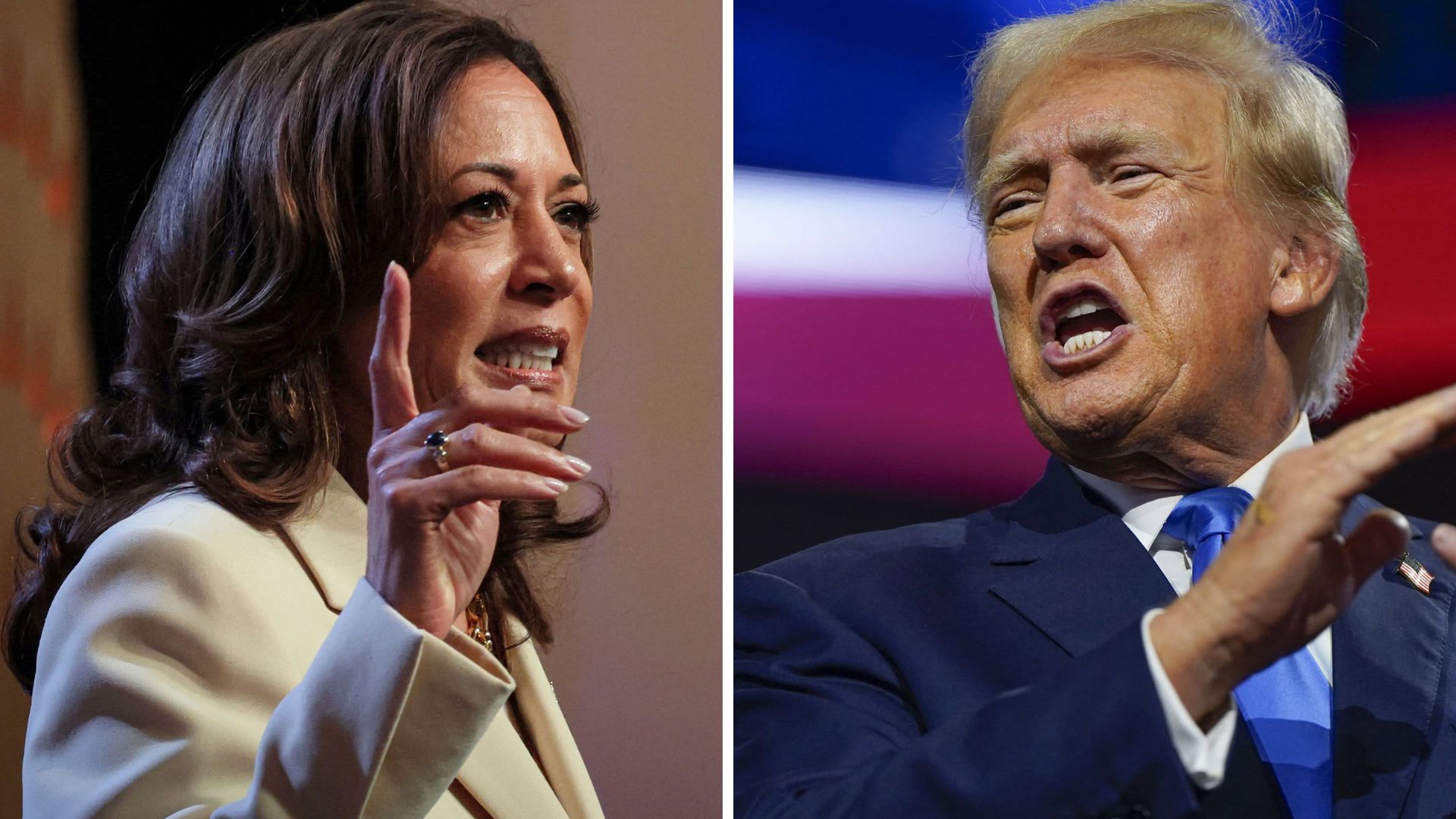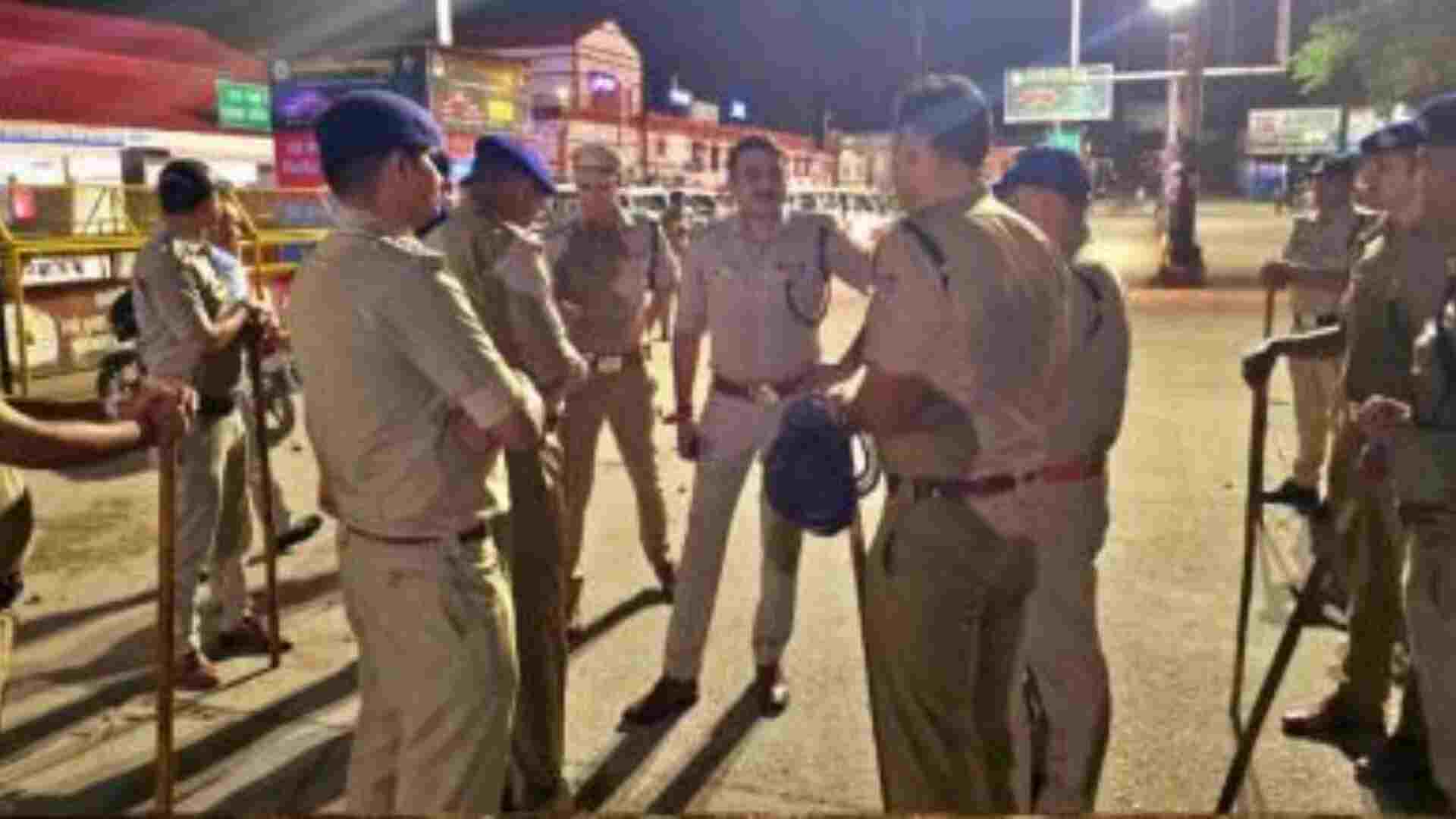
Top Indian officials warned Sheikh Hasina about General Waker-us-Zaman’s pro-China leanings before his appointment as Bangladesh Army Chief on June 23, 2023. Hasina ignored this advice, which contributed to her downfall.
General Zaman, instead of addressing growing youth protests, issued an ultimatum for Hasina to leave the country with her sister. His actions, including the release of BNP leader Khaleda Zia, suggest that Islamist groups like Jamaat-e-Islami and Islami Chhatrashibir are gaining power in Bangladesh.
Earlier, Hasina had expressed reluctance to contest the January 2024 elections but was persuaded by her supporters. She feared for her family’s safety and did not want them to succeed her, knowing they might be targeted by her opponents. Her resistance to Islamist forces ultimately crumbled due to the Army’s actions.
With Hasina’s sudden removal from power, the Modi government plans to support her, possibly helping her find asylum in a third country. Meanwhile, Bangladesh faces a severe economic crisis similar to that of Pakistan, the Maldives, and Sri Lanka. The country will need assistance from Western financial institutions to avoid further instability.
The radical students affiliated with Jamaat-e-Islami might turn against the Army if their demands are unmet. Hasina’s departure has left India in a difficult position, as the unstable situation in Bangladesh poses a threat from the eastern border. While India will support efforts to stabilize Bangladesh’s interim government, it must also prepare for possible anti-India actions from Western supporters of Hasina’s ousted government. With political turmoil affecting almost all of India’s neighbors, the country will need to enhance security and intelligence to manage these challenges and prevent internal dissent.















